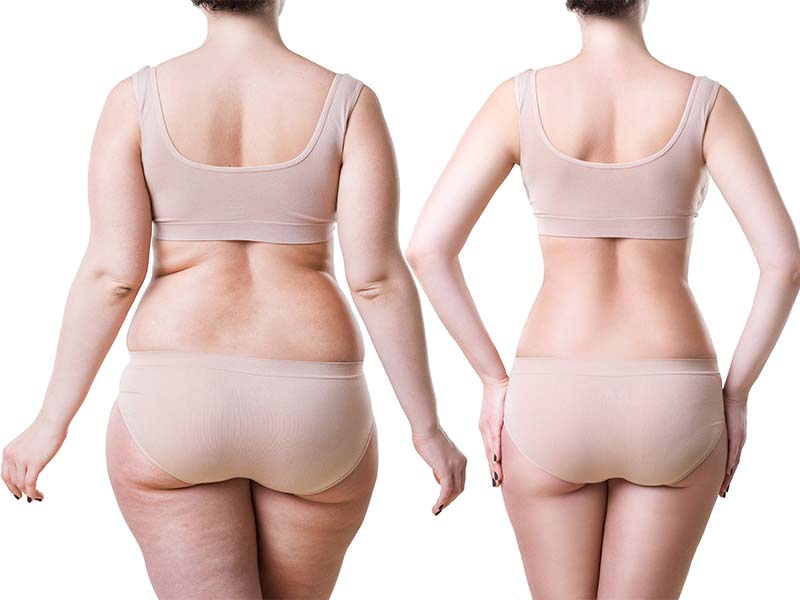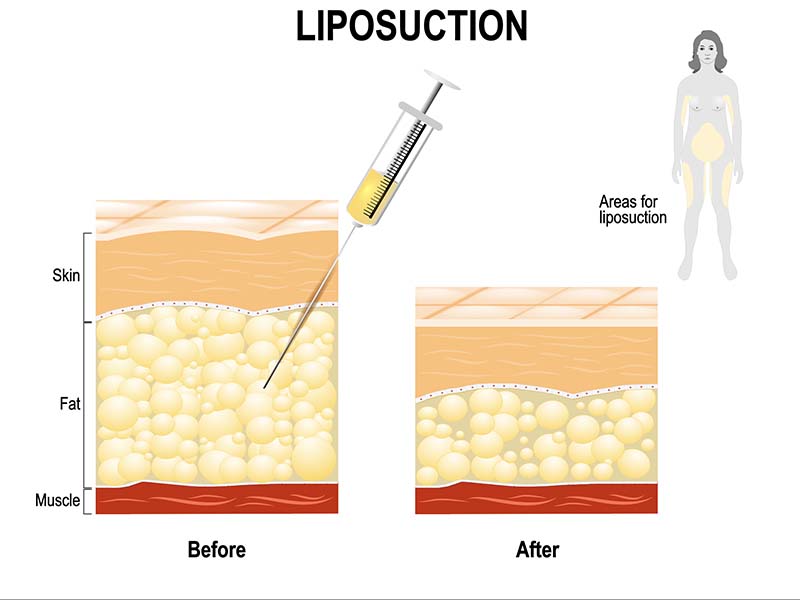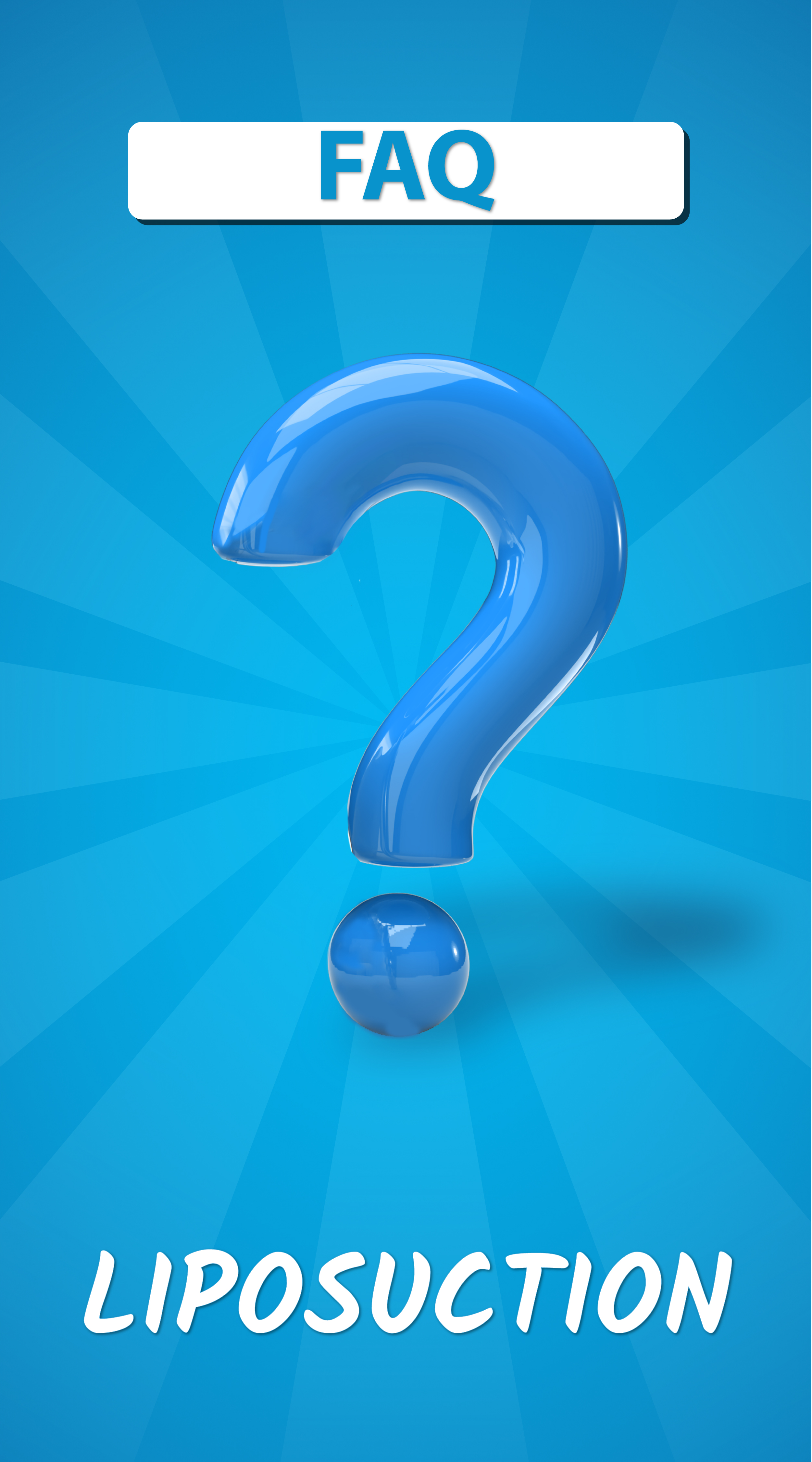Liposuction or simply known as lipo, is the type of cosmetic surgery that breaks up and remove excess fat from body through an instrument known as cannula. It is generally used on thighs, abdomen, chin, neck, calves, upper and backs of the arms and back. Liposuction is not weight lost treatment or it is not a substitute for diet and exercise. People who opt for liposuction normally have standard body size. Their goal is to remove undesirable excess of fat from specific areas of body. Therefore, liposuction helps them to improve the shape or contours of their body. In fact, doctors often use liposuction to refine the results of other procedures, as no other technique allows for such detailed improvements in body contour.
Before the operation, patients will need to undergo some health tests to ensure they are fit for surgery. People who use regular aspirin and anti-inflammatory drugs should stop taking them at least 2 weeks before surgery. Women may be asked to stop taking the contraceptive pill. Patients with anemia may be asked to take iron supplements.



-023.jpg)